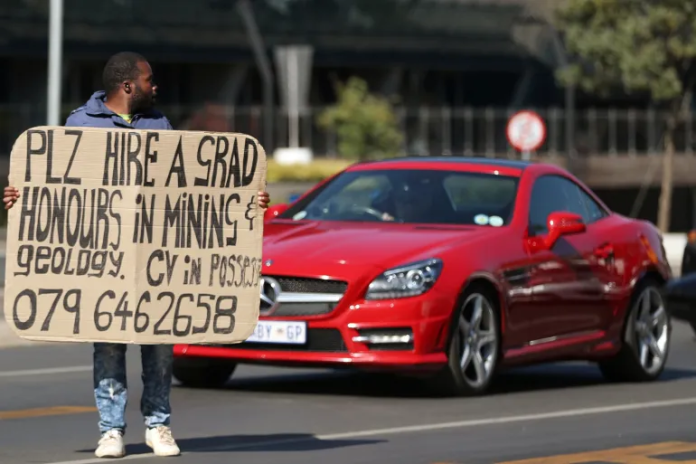South Africa’s second-largest political party, the Democratic Alliance (DA), launched a high-stakes legal challenge against contentious amendments to the Employment Equity Amendment Act, according to AP News.
The act mandates racial and gender hiring targets in key industries. The case, heard this week at the North Gauteng High Court in Pretoria, has exposed deepening rifts in the country’s unity government and reignited debates over how to redress apartheid-era inequalities without stifling economic growth.
The DA argues that the law, enacted in January 2025, imposes “rigid quotas” for Black South Africans, women, and people with disabilities in senior roles, violating constitutional anti-discrimination clauses. The amendments empower the labour minister to set sector-specific numerical targets, with non-compliant firms facing fines of up to 10% of annual turnover and exclusion from government contracts.
DA Federal Chairperson Helen Zille condemned the policy as “totalitarian,” warning it risks exacerbating South Africa’s 32% unemployment rate by deterring foreign investment.
Jobs are created by companies that invest in South Africa. The draconian labor regime created by the Employment Equity Amendment Act will continue to drive away investment and predictably increase unemployment.
However, the African National Congress (ANC), the DA’s coalition partner, defends the law as a necessary corrective to apartheid’s enduring legacy. Despite three decades of democracy, white South Africans—7% of the population—hold 66% of top corporate roles, while Black citizens dominate lower-tier positions.
ANC spokesperson Mahlengi Bhengu-Motsiri accused the DA of seeking to “preserve apartheid’s economic status quo,” framing the law as a tool to dismantle structural barriers.
Sector-specific targets, such as requiring 57.5% non-white representation in mining leadership, have drawn particular scrutiny. Small businesses are exempt, but analysts warn larger firms may downsize to avoid penalties, worsening unemployment.
President Cyril Ramaphosa, defending the law, called it “part of our effort to overcome apartheid’s structural inequality.” Yet the DA insists affirmative action must align with constitutional fairness tests, arguing current measures exceed permissible limits.
